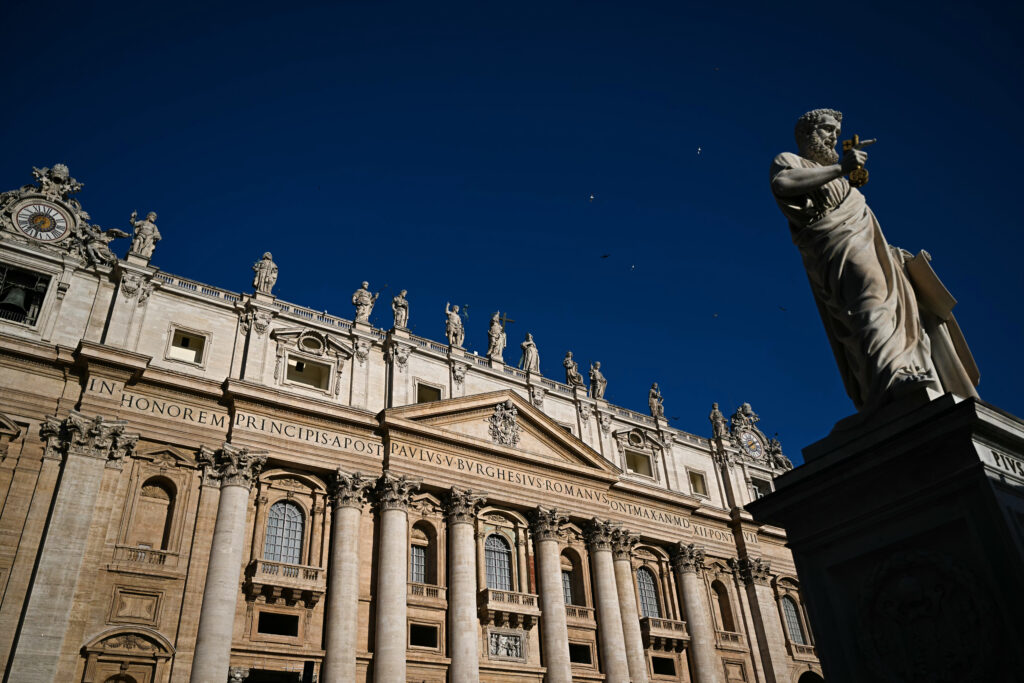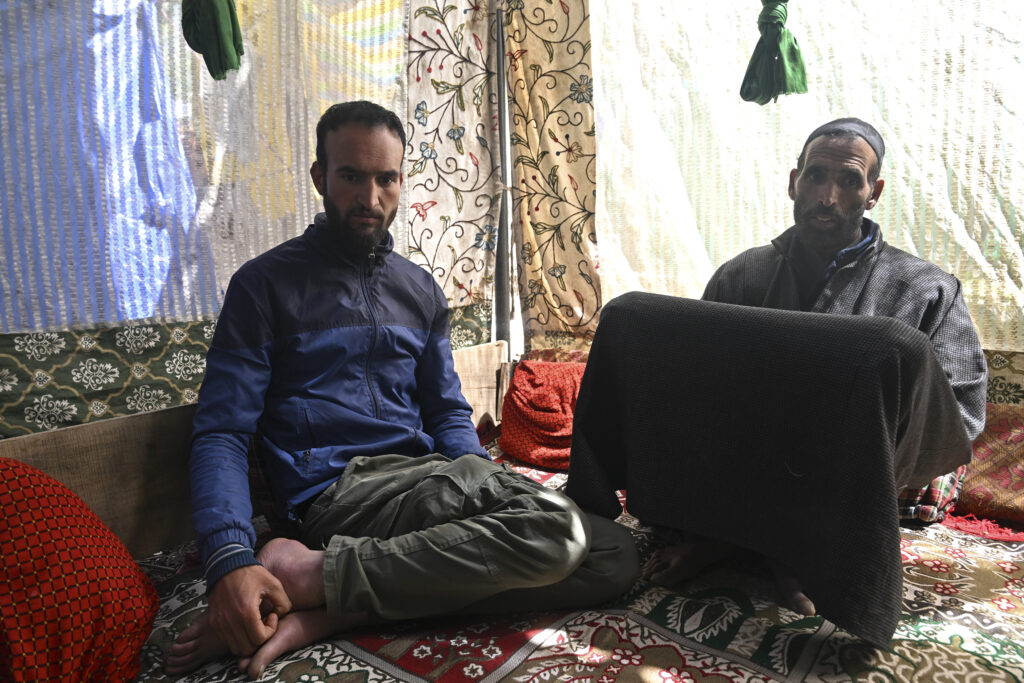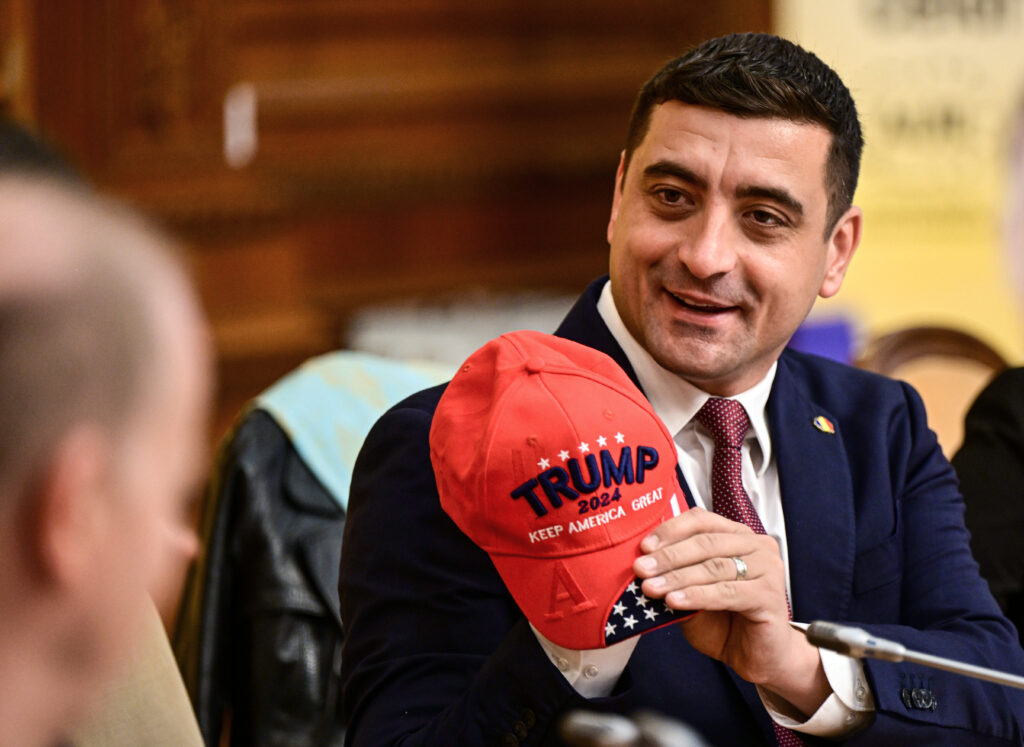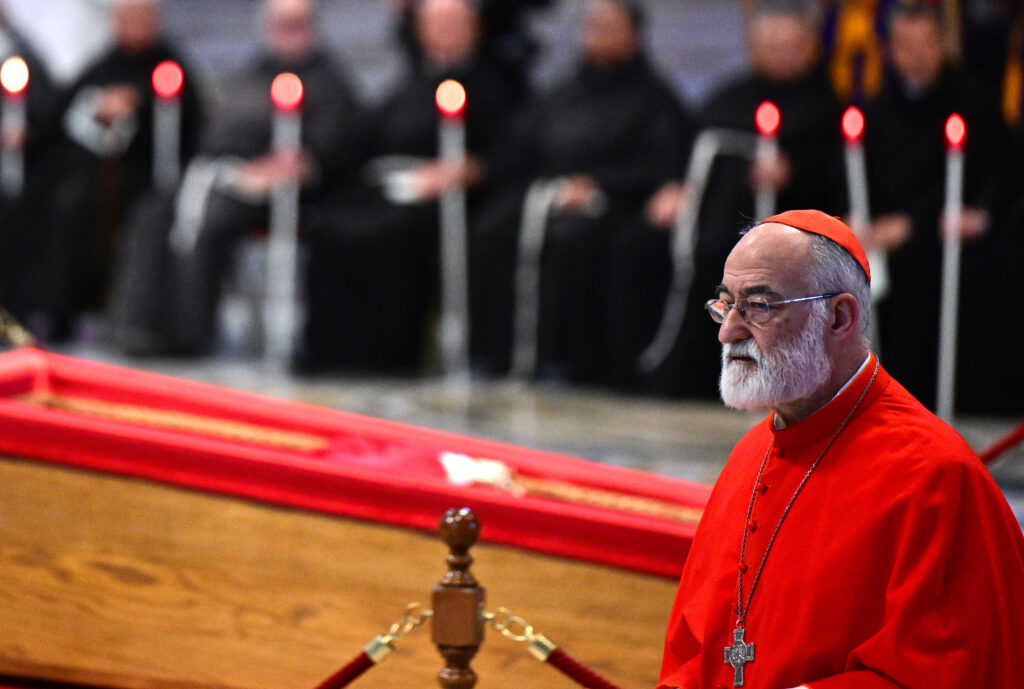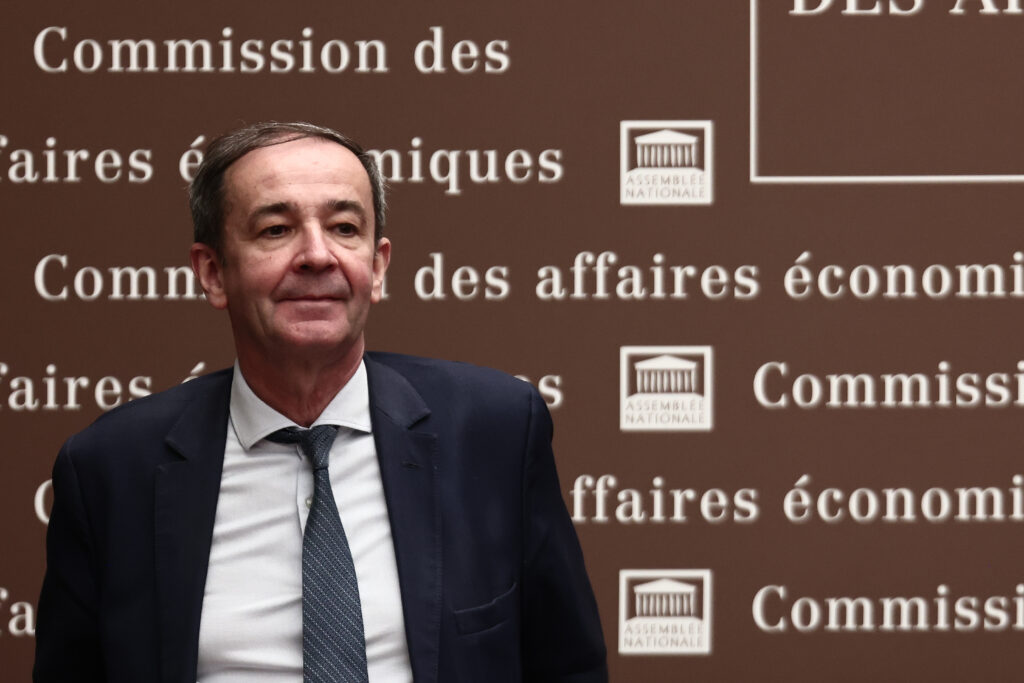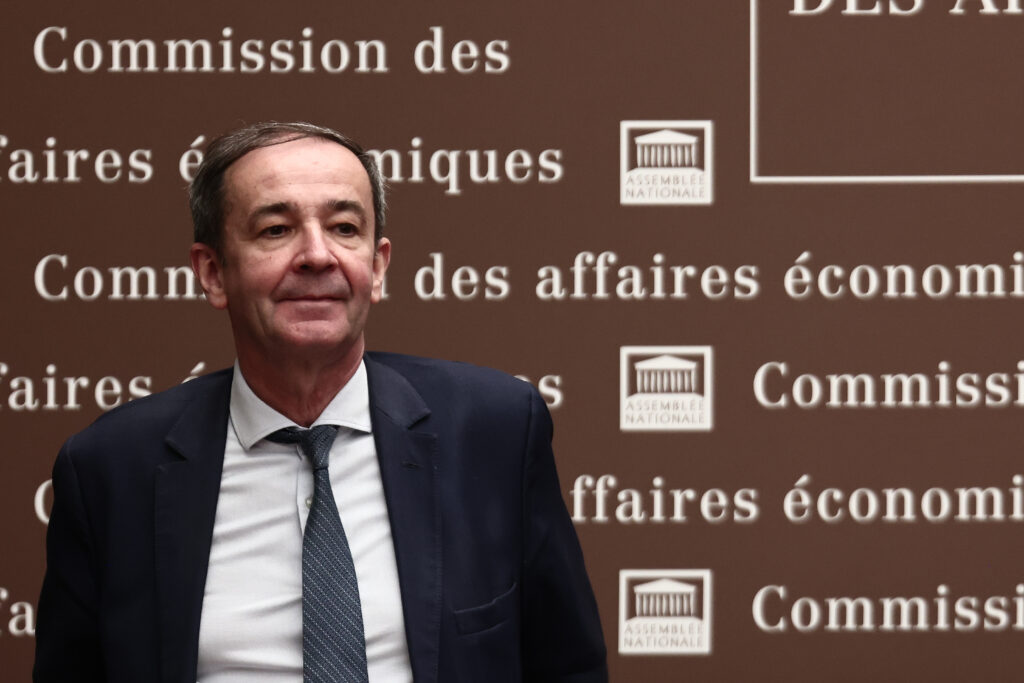Une semaine avant le conclave, le suspense reste entier
Quel nom pour le prochain pape? Une semaine avant le début du conclave, les discussions à huis clos s’intensifient au Vatican entre les cardinaux qui laissent filtrer peu d’indices sur leur choix mais évoquent un dénouement rapide.”L’atmosphère est très paisible, c’est un moment de dialogue”, a affirmé le cardinal colombien Jorge Enrique Jimenez Carvajal mercredi matin aux nombreux journalistes qui l’attendaient devant la salle Paul VI au Vatican.C’est là, derrière les grilles du plus petit Etat du monde que se tenait la septième “congrégation générale”, réunion à huis clos où plus de 180 “princes de l’Eglise” dont 124 électeurs ont débattu des priorités pour l’avenir de l’institution deux fois millénaire.Ils ont parlé de la situation économique et financière du Saint-Siège, a indiqué Matteo Bruni, le directeur du service de presse du Vatican.Puis 14 interventions se sont succédé jusqu’à 12H30, notamment sur la polarisation de l’Eglise, les vocations et l’évangélisation, a ajouté M. Bruni, en précisant que la prochaine congrégation générale aurait lieu vendredi à 09H00.Ces réunions permettent aussi de tracer le portrait robot du successeur du pape François, décédé le 21 avril à l’âge de 88 ans après 12 ans de pontificat.Parmi eux, un nombre record de 133 cardinaux électeurs – ceux âgés de moins de 80 ans – entreront le 7 mai dans la Chapelle Sixtine, deux cardinaux ayant annoncé leur absence pour raisons de santé.Dans les réunions préparatoires, certains cardinaux venus de très loin doivent déjà se familiariser avec les rouages de l’institution vaticane et apprendre à se connaître entre eux, dans un collège à la diversité inédite.Dans un conclave “on ne parle pas de pression, de polarisation, ni de manipulations”, a assuré Mgr Carvajal. Loin donc de l’image du film américano-britannique “Conclave” qui a suscité un engouement inédit pour l’élection du pape dans le grand public.- “Diversité” -Le successeur s’inscrira-t-il dans la continuité du pape François, défenseur des périphéries, et qui n’a pas hésité à bousculer l’Eglise avec sa parole tranchée et ses réformes? Dans ce collège d’électeurs, quelque 80% des cardinaux ont été désignés par le pape argentin.Toutefois le prochain pape “ne doit pas nécessairement être un François bis, un imitateur de François”, a nuancé dans un entretien à l’AFP le cardinal espagnol Cristobal Lopez Romero, archevêque de Rabat.”Je ne suis pas nerveux, mais je suis curieux”, a-t-il ajouté en confiant être “un peu inquiet” devant la responsabilité de la tâche.Interrogé sur la probabilité d’une continuité avec Jorge Bergoglio, le prélat salvadorien Gregorio Rosa Chavez a assuré mercredi: “C’est ce que je ressens, c’est ce que je perçois dans l’atmosphère”.Le poids croissant des évêques africains et asiatiques pourrait aussi peser dans cette élection.”Ce qui me frappe le plus, c’est la diversité: quand les Africains ou les Sud-Américains parlent, ce sont des mondes différents. Pas opposés mais nous, nous avons un regard très euro-centré (…) On voit que nous n’avons pas les mêmes priorités”, a confié mardi un cardinal électeur européen.Pour lui, les réunions sont “une phase d’analyse” où “on écoute, on essaye de comprendre”. Puis “le conclave sera une synthèse avec une personne”.Au conclave, qui sera présidé par le cardinal italien Pietro Parolin, les deux tiers des voix seront nécessaires pour désigner un pape, dont le nom sera ensuite annoncé “urbi et orbi”, autrement dit à la ville de Rome et au monde.Quant à la durée probable du processus, les rares cardinaux acceptant de répondre aux questions pressantes des médias semblaient tabler sur une décision rapide. “Au maximum trois jours”, a prédit le cardinal salvadorien Gregorio Rosa Chavez.En attendant le début du conclave, les préparatifs se poursuivent pour aménager la chapelle Sixtine, fermée depuis lundi au public.
